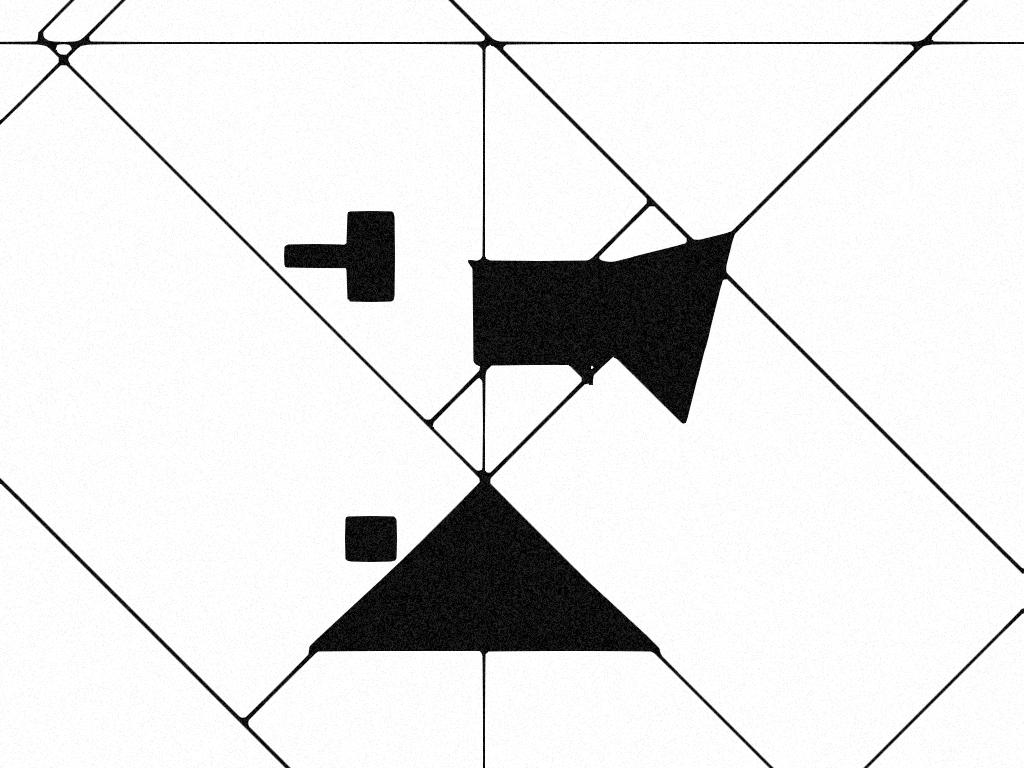
“The artificial refers not to the fake, but to what is deliberately created, designed with purpose, and capable of reshaping both human and planetary futures.”
Benjamin Bratton
In recent years, the notion of artificiality has evolved from being seen as an imitation of the natural, to an integral part of planetary and urban systems. Benjamin Bratton, in Planetary Sapience, redefines artificial systems as deliberately designed, positioning them as crucial to understanding and responding to planetary-scale challenges. However, this positivistic approach creates a space and sense of urge for critical examination, especially when viewed through the lens of Critical Urban Theory, which creates frameworks for studying the socio-political structures shaping urban spaces.
Bratton’s concept of synthetic intelligence embodies this redefinition. According to him, it goes beyond imitating human cognition, aiming for a synthesis that can bring and unprecedented level of creativity and problem-solving abilities. While Bratton highlights the productive potential of such collaboration, he cites examples like the AlphaGo vs. Lee Sedol match—where the tension in the power and control dynamics that accompany artificial systems is visible. Unlike the idealized view of artificiality as a co-creator, a co-pilot, Critical Urban Theory makes us question whose interests the development of artificial systems serve. Neil Brenner’s insights remind us that cities are products of capitalist forces and state governance that often reproduce inequalities. The integration of synthetic intelligence into urban systems can either democratize access or, on the contrary, reinforce currently existing power structures if controlled by private or state actors with certain interests.
The ecological and social risks posed by artificial systems are posing another array of problems to solve. Bratton’s portrayal of planetary-scale computation as an “artificial exoskeleton” designed to enhance human and planetary intelligence is, again, raising concerns about who holds the reins of such technology. As automatized and data-driven infrastructures become more present in urban tissue, they bring not only promises of efficiency and adaptability but also potential threats to agency, privacy, and social equity. The very same systems that can enhance governance and urban planning can also lead to increased surveillance and control, raising questions about the balance between public good and authoritarian powertrip.
Ananya Roy’s notion of the “constitutive outside,” where rural spaces exist in tension with urban centers, provides a useful analogy for the contradictions visible in artificial systems. Just as state-driven categorizations fail to capture the complex realities of rural and urban spaces, the implementation of artificial systems often overlooks the social contexts they influence. The result is a one-size-fits-all approach that risks deepening communities’ marginalization and reinforcement of social divides, yet being disguised as a technological advancement.
Ultimately, while Bratton’s reframing of artificiality as intentional and delibatery designed opens up pathways for ecological and social resilience, it also calls for caution. Critical Urban Theory prompts us to investigate the ownership, accessibility, and implications of these systems. Can artificial intelligence and planetary computation truly foster sustainable and equitable urban environments, or do they reproduce existing hierarchies disguised as progress? Addressing these questions requires an well informed and critical approach that holds artificial systems accountable to the public interest, ensuring that innovation does not come at the cost of social justice and ecological balance.
Keywords
Synthetic intelligence: The integration of human and machine cognition to create novel solutions and insights beyond human or machine capabilities alone.
Deliberate design: Artificial systems purposefully created to address specific challenges, emphasizing intentionality and functionality rather than imitation.
Urban governance: The systems and processes through which cities are managed, shaped by political, economic, and technological forces.

